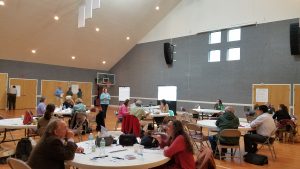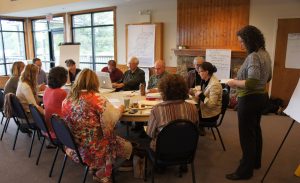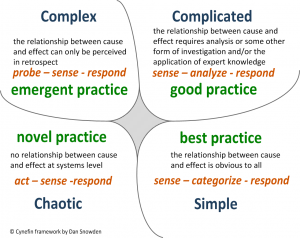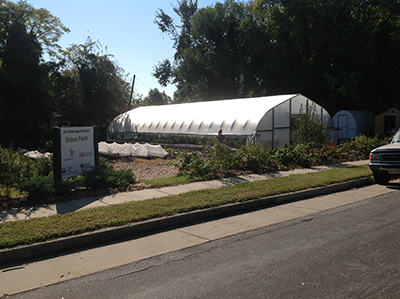By Kelli Scott, Montgomery County Agriculture and Natural Resources Extension Agent, Virginia Cooperative Extension
The conversations around agriculture, food, and community continue to bubble up in loca lities across the Commonwealth and the nation. County, city, and local government bodies see a benefit and overall positive impact in building a collaborative team among service providers and practitioners working to promote community, local, and regional food systems as an economic driver all while looking at improving food access, health, and nutrition options for all members of the community. The conversations are often messy at first where multi-sectors of the community are working together that may not have done so traditionally. These interwoven teams are often called “food councils” or “food networks” and have a much greater opportunity of success when we all work together. Read more
lities across the Commonwealth and the nation. County, city, and local government bodies see a benefit and overall positive impact in building a collaborative team among service providers and practitioners working to promote community, local, and regional food systems as an economic driver all while looking at improving food access, health, and nutrition options for all members of the community. The conversations are often messy at first where multi-sectors of the community are working together that may not have done so traditionally. These interwoven teams are often called “food councils” or “food networks” and have a much greater opportunity of success when we all work together. Read more








